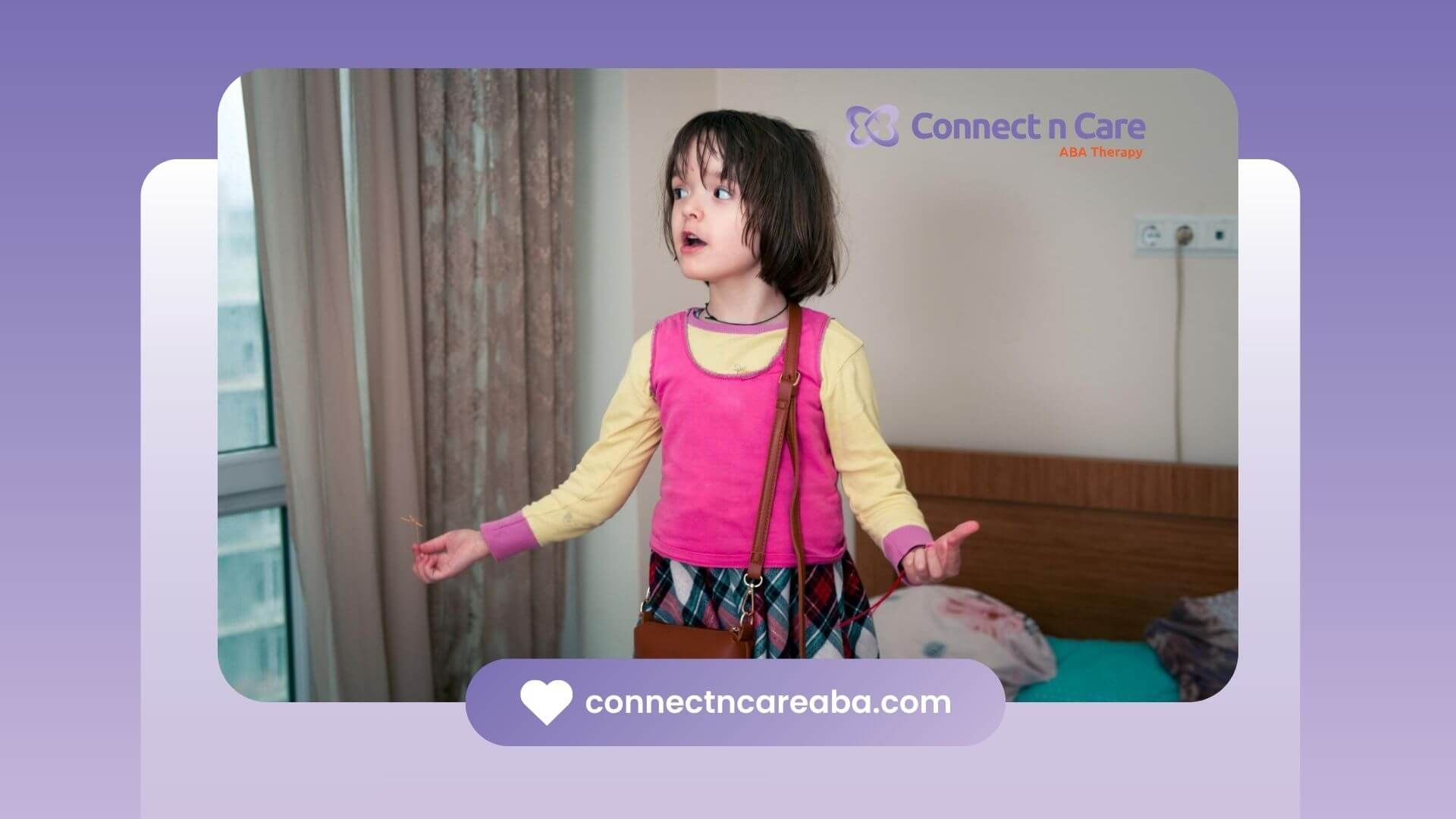Autism Spectrum Disorder (ASD) is a lifelong neurodevelopmental condition characterized by varying degrees of challenges in social communication and behavior. The DSM-5 categorizes ASD into three levels based on the amount of support an individual requires:
- Level 1: Requiring support
- Level 2: Requiring substantial support
- Level 3: Requiring very substantial support
A common question among families and caregivers is whether an individual diagnosed with Level 3 autism can progress to Level 1. While the terminology of "levels" is useful for understanding current support needs, it's important to note that these levels are not fixed and can change over time.
Can an Individual's Autism Level Change?
Yes, an individual's autism level can change. Research indicates that with appropriate interventions and support, individuals with ASD can acquire new skills and improve their ability to function in social situations. For example, a study found that nearly 30% of children diagnosed with autism at age 3 showed a decrease in severity by age 6.
Factors Influencing Change in Autism Levels
Several factors can influence whether an individual with Level 3 autism progresses to a lower level:
- Early Intervention: Initiating therapies such as
Applied Behavior Analysis (ABA), speech therapy, and occupational therapy at an early age can significantly improve outcomes.
- Individual Characteristics: Factors like cognitive ability and the presence of co-occurring conditions can impact progress.
- Supportive Environment: A structured and supportive environment, including family involvement, educational support, and treatment from a
personalized ABA Therapy near you plays a crucial role in development.
If you're considering therapy options for your child, Connect n Care ABA in North Carolina offers personalized ABA therapy services designed to support your child's unique needs. Contact Connect n Care ABA today to schedule a consultation and learn how our tailored ABA therapy programs can support your child's development.
Frequently Asked Questions (FAQs)
Can level 3 autism change?
Yes, with appropriate interventions and support, individuals with Level 3 autism can show improvements and may require less support over time.
Can autistic kids grow up to be normal?
While autism is a lifelong condition, many individuals can lead fulfilling lives with the right support and interventions.
Can a child develop autism after 3?
Autism is typically diagnosed before age 3, but some children may not show signs until later, leading to a diagnosis after age 3.
Can level 2 autism change to level 1?
Yes, individuals with Level 2 autism can progress to Level 1 with early and consistent intervention and support.









